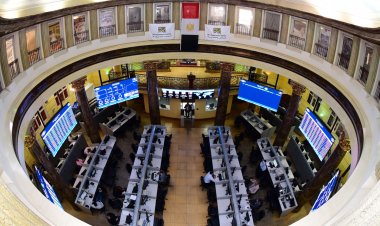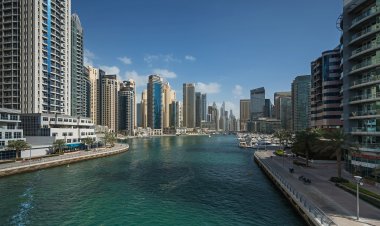20% of Russian gas imports are sold to European Union ports
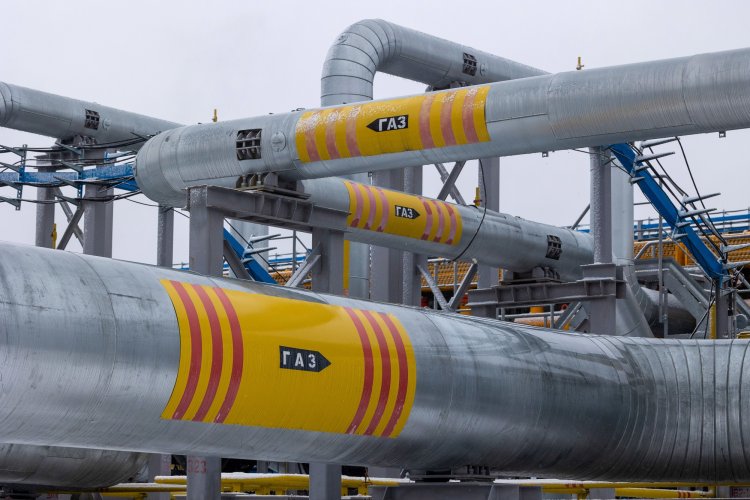
Transporting Russian liquefied natural gas is crucial to Moscow's Arctic fleet, but is banned from the UK and the Netherlands.
However, more than a fifth of Russian LNG arriving in Europe is reshipped to other countries in the world, a practice that boosts Moscow's revenues despite EU efforts to limit it in response to Russia's war on Ukraine.
Banning natural gas transportation contracts
While contracts to transport Russian LNG have been blocked in the UK and the Netherlands, data for 2023 suggests that permitted shipments of Russian gas are routinely transferred between tankers in Belgium, France and Spain before being exported to buyers on other continents. This is according to what was published by the British newspaper, the Financial Times, on Wednesday, November 29.
The ship transfers are crucial for Russia as it tries to make the most of its Arctic fleet. The transshipment process usually takes place between Russian "ice class" oil tankers that are used to move between Russia's western Siberian Yamal Peninsula and northwestern Europe, and regular LNG tankers that then sail to other ports, freeing ships from ice class. To return north.
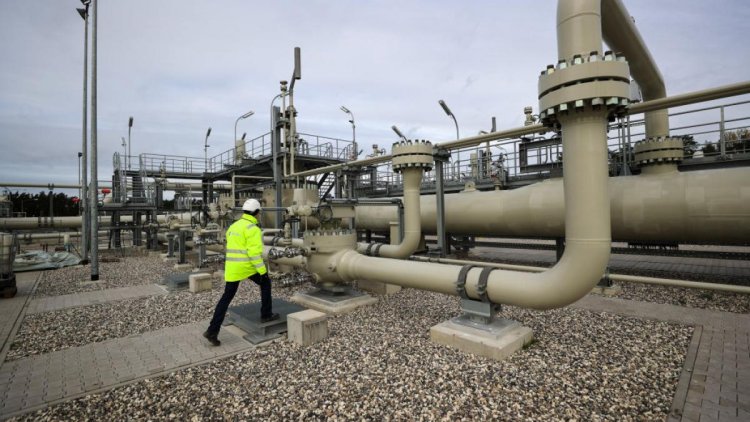
outside the European Union
Ports in Belgium, Spain and France are still receiving large volumes from the Yamal LNG plant in Siberia, whose largest shareholders are Russia's second-largest natural gas producer Novatek, China National Petroleum Corp. and French energy company Total Energy.
Of the 17.8 billion cubic meters of Russian LNG flowing into the European Union between January and September this year, 21% was transferred to ships bound for countries outside the European Union including China, Japan and Bangladesh. The ports of Zeebrugge in Belgium and Montoir-de-Bretagne in France received the largest number of Russian LNG of all EU ports in 2023.
Getting rid of fossil fuels
Unlike coal and oil, Russian gas has not been subject to EU sanctions, but the European Commission has said member states must phase out Russian fossil fuels by 2027.
Anna Maria Galler-Makarowitz, senior energy analyst at the Institute for Energy Economics and Financial Analysis (IEEFA), noted that although the volumes of LNG shipments in Europe have declined since the Russian-Ukraine war in 2022, they remain large and may have been overlooked.
The former Norwegian Minister of State for Energy and Advisor to the Eurasia Consulting Group, Amund Vik, said that European Union governments are stuck in a dilemma. He explained that member states would find it “difficult to beat the drum against the export of Russian LNG to other places if they are using it themselves.”
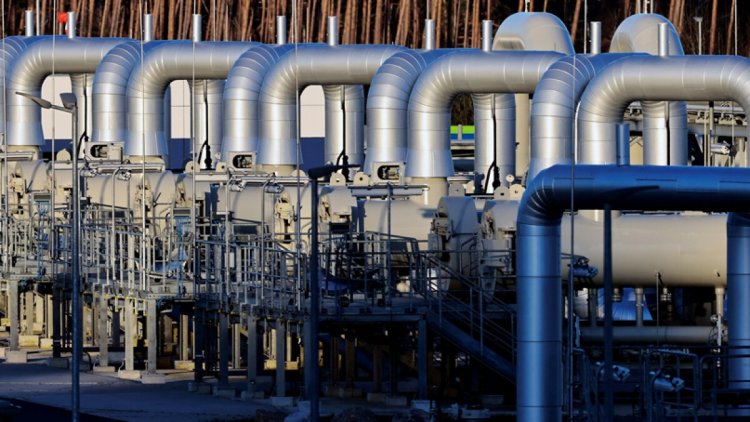
Imports from Russia continue
The European Union previously imported 155 billion cubic meters of gas through pipelines from Russia, about 40% of its total supply. To replace this gas, the bloc has significantly increased its imports of liquefied natural gas from countries including the United States, Norway and Qatar. But the European Union is also set to import record amounts of cryogenic fuel from Russia this year.
EU policymakers have defended continued imports from Russia as a result of long-term contracts agreed before the war, which if violated would force European companies to pay compensation to Russia. For example, Belgian natural gas company "Fluxys" has a 20-year contract with Yamal that expires in 2039.
The security of supplies to the European continent was at risk
The Belgian Energy Ministry said it was determined to address the issue and was collecting information on effective methods. She added, “We realize the importance of finding a way that does not jeopardize the security of supplies to the European continent.” While Fluxis said that since gas is not subject to sanctions, it cannot legally prevent any customer from accessing its liquefied natural gas terminal.
The French Energy Ministry said it had no plans to prevent the transshipment of Russian liquefied natural gas at French ports. She added, “France and Europe have significantly reduced their exposure to Russian gas consumption, by diversifying their sources of supply.”
Russian liquefied natural gas levels
But EU officials have repeatedly expressed concern about the levels of Russian liquefied natural gas entering the bloc. We must reduce Russian LNG exports to phase them out completely, Energy Commissioner Kadri Simpson said in September.
Policymakers are due to agree in December on rules that will allow EU member states to block Russian and Belarusian operators' access to EU gas infrastructure.


 Shrouq
Shrouq 







